Hyperactivity
How often have you blamed a child’s misbehavior on sugar? It’s a common practice. But sugar plays little to no part in a child’s behavior. Several medical studies have found no significant link between sugar intake and hyperactivity.
Source: WebMD: Busting the Sugar-Hyperactivity Myth
Obesity
With only 15 calories per teaspoon, sugar is no more fattening than any other 15 calories. You gain weight by taking in more calories than your body burns for fuel. Carbohydrates (like sugar) and protein supply 4 calories per gram, whereas fats deliver more than twice that—9 calories per gram. Also, carbs and protein are converted immediately into the fuels a body needs, while fats are initially stored in fat cells for later use. Effective weight management depends on the combination of responsible eating and appropriate physical activity.
Source: Sugar Association
Diabetes
Sugar by itself does not cause diabetes. Both Type 1 and Type 2 diabetes evolve from a disruption of the body’s ability to convert blood glucose (commonly referred to as blood sugar) into energy. Starches and sugars – whether originating from foods like potatoes, carrots, corn, strawberries, and watermelon, or from the sugar bowl, are first metabolized to glucose to meet basic energy needs.
Type 1 diabetes is caused by genetics and unknown factors that trigger the onset of the disease; type 2 diabetes is caused by genetics and lifestyle factors. Being overweight does increase your risk for developing type 2 diabetes, and a diet high in calories from any source contributes to weight gain.
Source: American Diabetes Association
Cavities
Bacteria in the mouth break down all carbohydrates – both starches and sugars. This normal process forms acids that can leach minerals from tooth enamel. Sticky snacks like raisins and other dried fruits, and starchy foods like breadsticks, cereals, and potato chips, linger on teeth and prolong acid production even more than most candies. Infants and toddlers napping with a bottle of juice are also at increased risk of cavities.
Dentists advise reducing between-meal snacks and limiting sweet or sticky foods to mealtimes. Regular brushing and flossing, using fluoride toothpaste and mouthwash, and regular dentist visits are the smart foundations for controlling cavities.
Cavities are lessened by a combination of responsible dental care, smart snacking choices – whether sugar, starches, juices, or anything else, and the time of day snacks are eaten.
Source: Sugar Association
Refining
“Refined” is a misunderstood word, especially when it comes to sugar. Somehow, over the years, refined has taken on the meaning of being overly processed and manipulated. In truth, the definition of refined is “to make pure.” The refining process simply separates natural sucrose from sugar beets without bleaching or chemical manipulation. The Sugar Association provides infographics on the manufacturing process.
Recipes for Making Memories
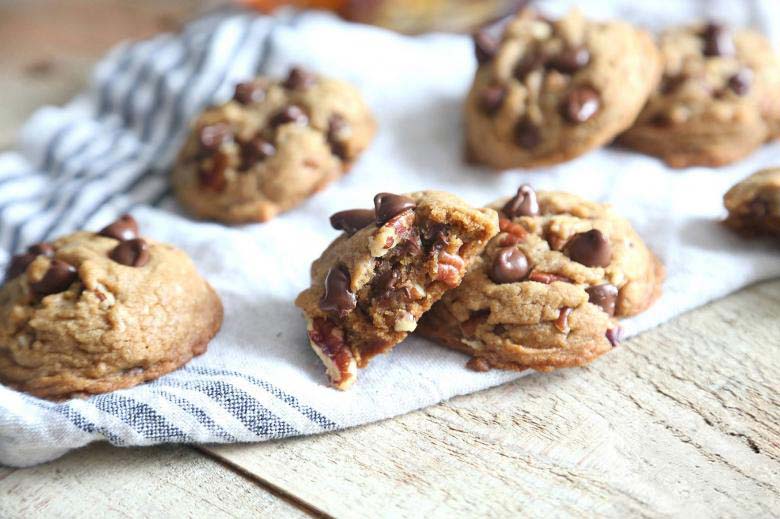
Bourbon Chocolate Pecan Cookies
Having a Kentucky Derby party? These cookies fit the bill. Loaded with browned butter, bourbon, pecans and chocolate ch...
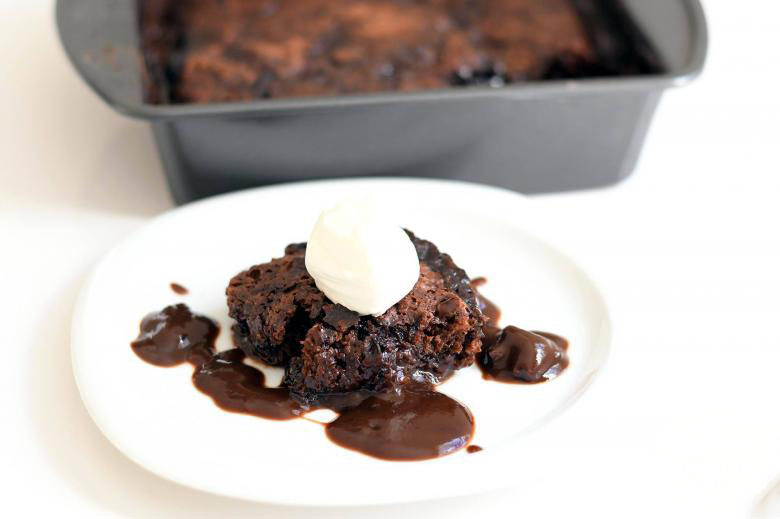
Upside Down Chocolate Pudding
Part brownie, part pudding and part spoon cake, this vintage recipe for Upside Down Chocolate Pudding is for anyone who ...
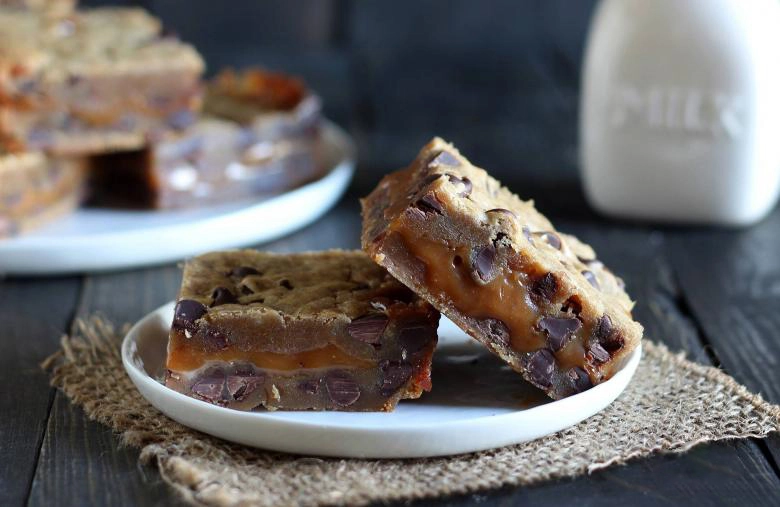
Salted Caramel Cookie Bars
Salted Caramel Cookie Bars feature two layers of chocolate chip cookie sandwiching a thick layer of salted caramel for t...
- All Recipes
- Bars
- Bars-bread-rolls
- Bars-brownies
- Bars-fun-for-kids
- Beauty
- Bread-and-rolls
- Bread-rolls
- Breakfast
- Brownies
- Cake
- Cake-heritage
- Cheesecake
- Cheesecake-cake
- Cookies
- Cookies-bars
- Cookies-bars-pie
- Cookies-heritage
- Dish-it-up
- Drinks
- Fun-for-kids
- Heritage
- Muffins
- No-bake
- No-bake-heritage-snacks
- No-bake-pie
- No-bake-quick-simple
- No-bake-quick-simple-topping
- Pie
- Quick-and-simple
- Quick-simple-fun-for-kids
- Quick-simple-topping
- Savory
- Savory-dish-it-up
- Savory-quick-simple
- Savory-quick-simple-topping
- Savory-topping
- Snacks
- Snacks-topping-fun-for-kids
- Topping

17 Minute Chocolate Cake With Silhouette Frosting
This 1940 vintage recipe requires only 17 minutes for measuring and mixing. Fluffy chocolate cake with a creamy chocola...
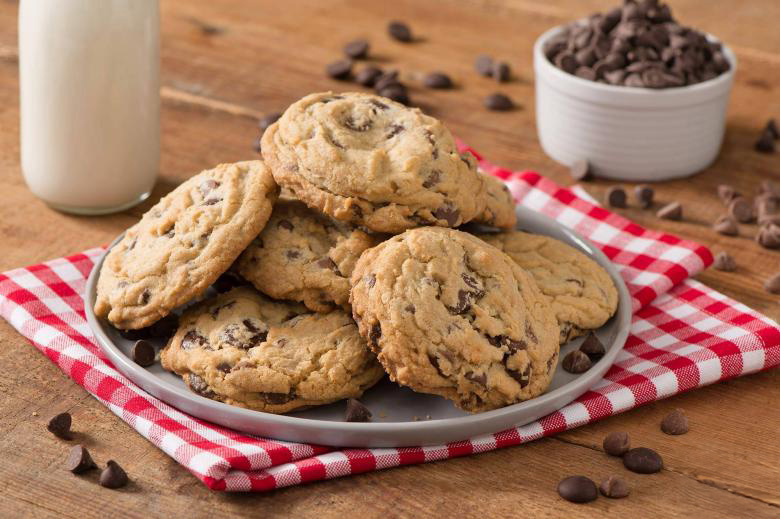
3 Chocolate Chip Cookies
The 3 Chocolate Chip Cookie is a chocolate lover’s dream. Made with three different kinds of chocolate chips, these ch...
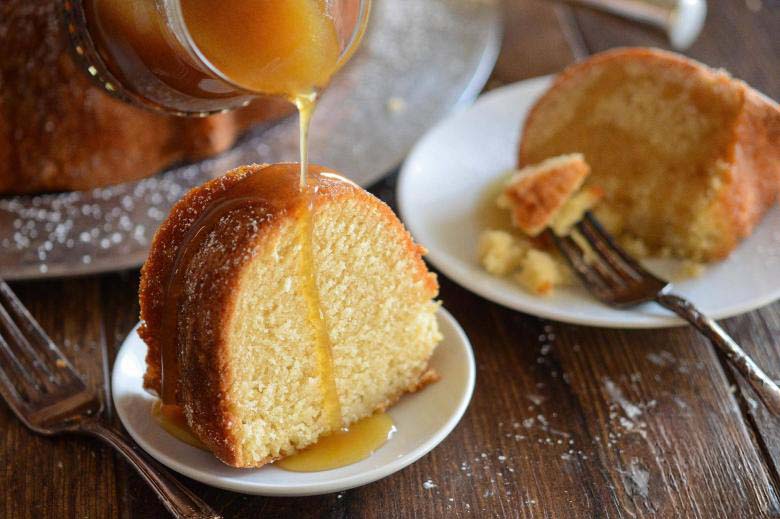
Almond Amaretto Poundcake
A dense, moist pound cake flavored with almond and amaretto liqueur. Almond Amaretto Pound Cake is finished with a warm ...

Almond Joy Cookies
These Almond Joy Cookies are loaded with shredded coconut, sliced almonds, and milk chocolate for a delicious take on on...

Almond Joy Layer Cake
Chef Eddy took the classic flavor of an Almond Joy® candy bar and transformed it into a moist and tender layer cake tha...
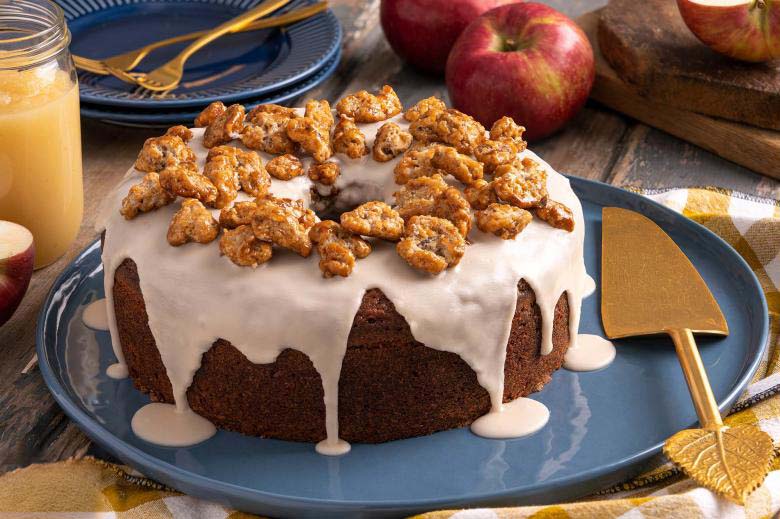
Applesauce Cake
If you like a moist cake, this recipe will become a favorite! The biggest issue with Applesauce Cake is that once you ha...
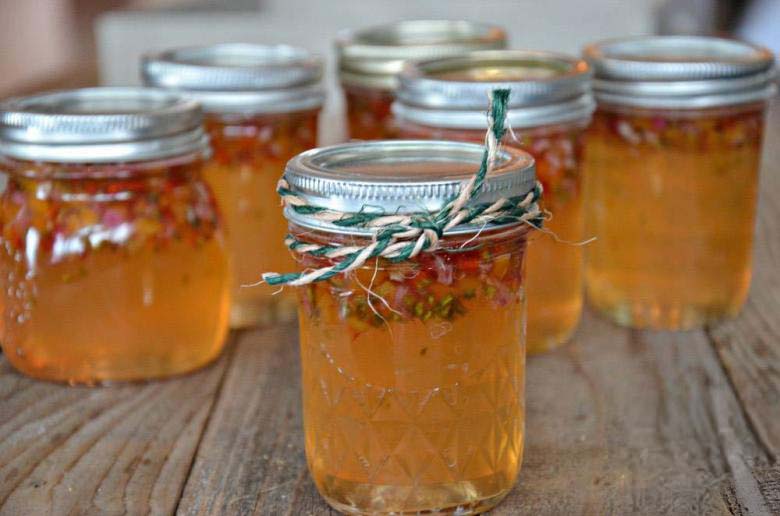
Apricot Jalapeno Jelly
With its beautiful golden color spiked with bits of red and green, Apricot Jalapeno Jelly makes a festive gift idea. Var...
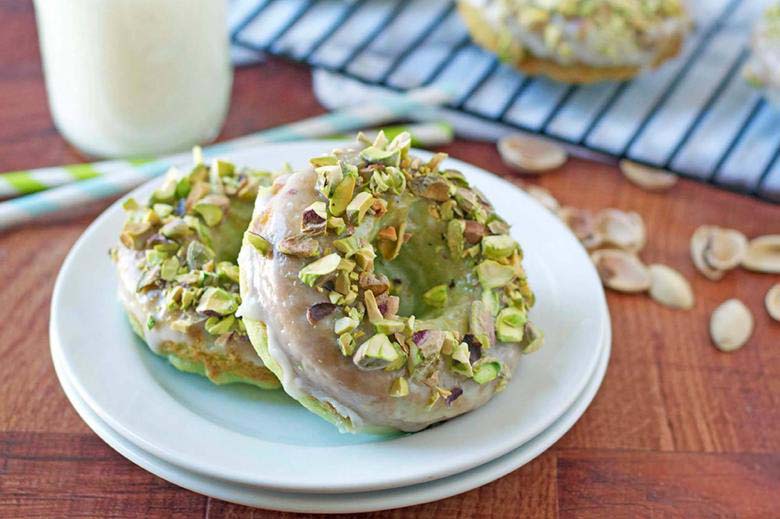
Baked Pistachio Doughnuts
These baked doughnuts are ultra-moist thanks to the addition of instant pudding mix in the batter. Pistachios are both b...

Banana Pie Cookies
No monkeying around – these delicious Banana Pie Cookies are loaded with banana flavor! Plus, they are super soft ...
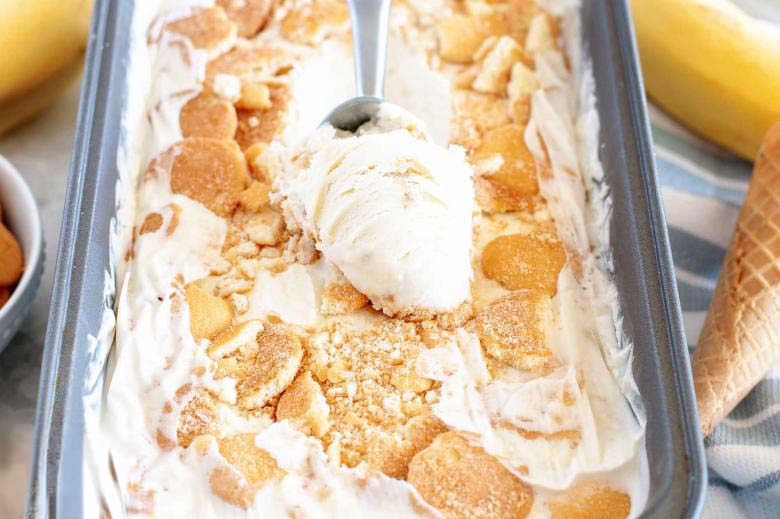
Banana Pudding Ice Cream
Cold, creamy, delicious homemade Banana Pudding Ice Cream is a tasty take on a classic dessert. Vanilla ice cream is inf...

Banana Pudding Layer Cake
Chef Eddy’s Banana Pudding Layer Cake takes all your favorite flavors from a traditional banana pudding and transf...

Biscoff Cookies Speculoos Cookies
This cookie has been loved in Belgium for hundreds of years. Famous chefs have it on their dessert menu, and a major Am...


 20m
20m 8m - 9m
8m - 9m 36 cookies
36 cookies